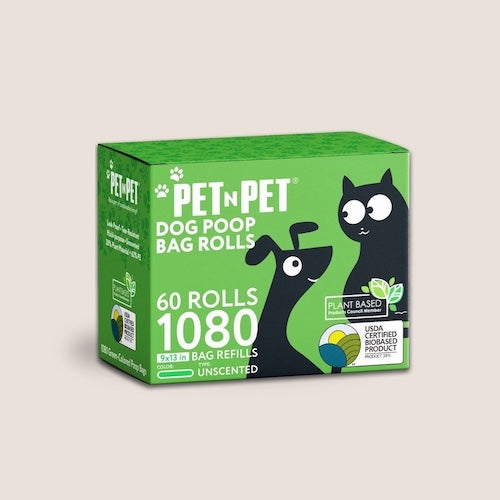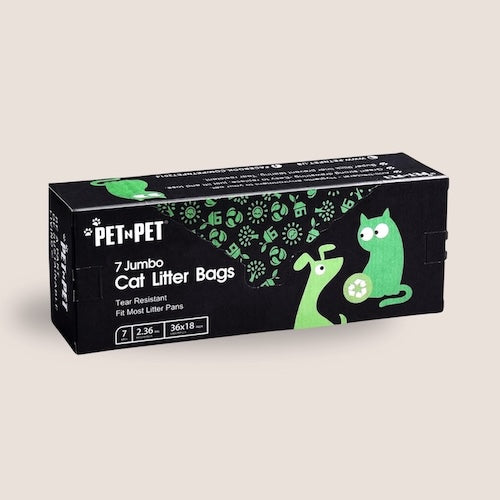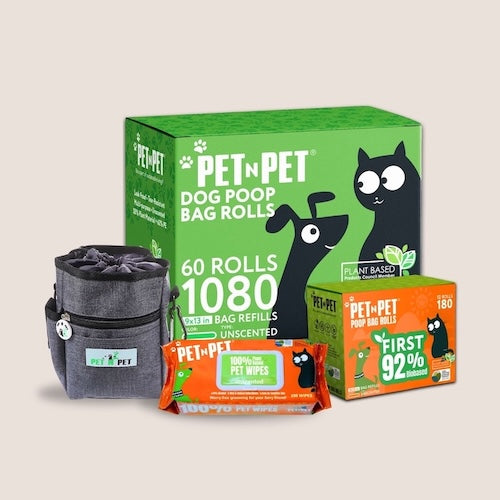
Unveiling the Truth: Is Dog Poop Biodegradable?
Dog poop. It's a topic that might not be the most glamorous, but it's an unavoidable part of being a responsible pet owner. Beyond the immediate task of cleaning up after our furry friends lies a deeper question: Is dog poop biodegradable? Let's embark on a journey to uncover the truth behind this important environmental concern.
The Biodegradability Conundrum
When it comes to environmental impact, dog waste often finds itself at the center of debates. Unlike other types of waste, such as food scraps or yard debris, dog poop isn't typically welcomed in compost bins or recycling centers. The reason? Concerns about pathogens, parasites, and potential contamination of soil and water sources.
However, the question of biodegradability still lingers. Can dog poop break down naturally over time, or does it pose a long-term environmental hazard?
The Science Behind Biodegradation
To understand whether dog poop is biodegradable, we need to delve into the science of biodegradation. At its core, biodegradation is the process by which organic materials are broken down by microorganisms into simpler substances like water, carbon dioxide, and organic matter. In ideal conditions, such as those found in composting systems, organic waste can decompose efficiently, returning valuable nutrients to the soil.
The Dog Poop Dilemma
When it comes to dog poop, the biodegradability equation becomes more complex. Unlike herbivores, whose waste is often rich in plant matter and beneficial bacteria, dog waste contains higher levels of harmful bacteria, pathogens, and parasites. This poses a significant challenge to the biodegradation process, as these pathogens can persist in the environment and pose health risks to humans and other animals.
Sustainable Solutions for Dog Owners
So, where does this leave environmentally conscious dog owners? While dog poop may not be suitable for traditional composting or recycling, there are still steps we can take to minimize its impact on the environment:
- Proper disposal: Always pick up after your dog and dispose of waste in designated trash bins. Avoid leaving dog poop on the ground, where it can wash into waterways and contaminate the environment.
- Choose compostable options: Opt for compostable poop bags or compostable alternatives when cleaning up after your dog. While these bags may not solve the entire problem, they can help reduce the environmental footprint of waste disposal.
- Explore pet waste disposal systems: Consider investing in a pet waste disposal system designed to safely and efficiently process dog waste. These systems often utilize specialized enzymes or microbial treatments to break down waste while neutralizing harmful pathogens.
While dog poop may present challenges in terms of biodegradability and environmental impact, responsible pet ownership and sustainable practices can help mitigate these concerns. By taking proactive steps to properly manage and dispose of dog waste, we can minimize pollution, protect public health, and create a cleaner, healthier environment for all. So, the next time you reach for that poop bag, remember the importance of making environmentally conscious choices for the well-being of our planet.






